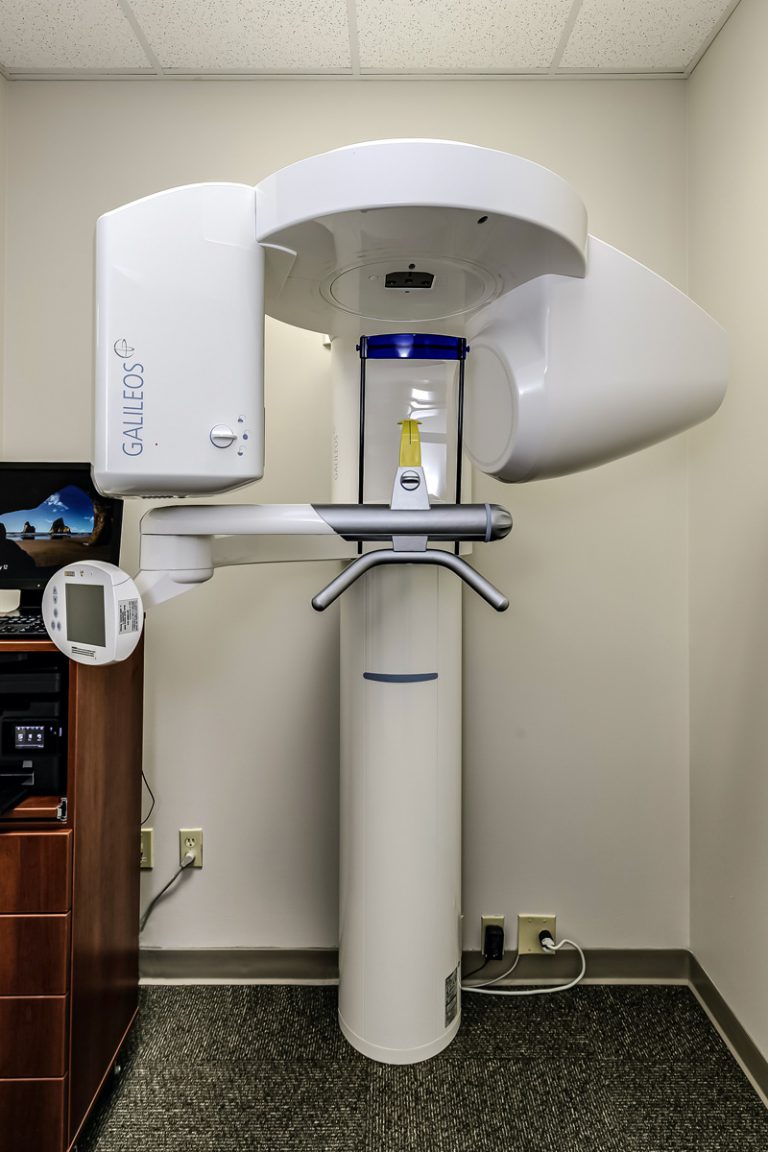To Propecia Online Visit Our Pharmacy ↓

Real Stories: Experiences of Propecia Users
Propecia, a prescription medication, has become a popular choice for treating male pattern baldness. While many users seek to restore their hair, some report experiencing heightened anxiety after beginning treatment. In rare cases, Propecia has also been associated with more serious side effects like depression, anxiety, and suicidal thoughts. By Comp - Compound. These long-term side effects have led to lawsuits against the drug's manufacturers and a growing concern among medical professionals and patients alike about the safety of using Propecia for hair loss treatment. Their endorsement provides invaluable confidence to those considering a Propecia script. On one side, Propecia offers a tangible solution to hair loss, boosting confidence and self-esteem.
Consult Your Doctor: Weighing Risks Versus Benefits
Understanding the drug's "Sig" or specific directions can clarify how to correctly use it for your condition. As with any medication, individuals may experience varying reactions. Similarly, Dr. However, unlike the Drive-Thru convenience of obtaining on the counter meds, Propecia typically requires a script and close medical supervision. Another potential side effect is a decrease in semen volume, although this is typically not a cause for concern. It’s always crucial to communicate openly with healthcare providers about any supplements or major lifestyle changes to ensure they do not interfere negatively with the treatment. Like any medication, Propecia can come with potential side effects and risks.
Introduction to Hair Loss Treatments
Additionally, pairing Propecia with other hair-healthy habits, like using gentle shampoos and avoiding harsh styling practices, can help maximize its effectiveness. Dr. Hair loss can have a significant impact on an individual's self-esteem, often leading to stigma and prejudice in society. One of the most concerning is sexual dysfunction, wich includes decreased libido, difficulties in achieving an erection, and ejaculation issues. Overall, Propecia represents a valuable option for those seeking to combat hair loss and improve their quality of life. The recent studies and innovations on Propecia have focused on improving its effectiveness and reducing side effects. Losing hair can be a daunting experience for many men, causing a significant blow to their self-esteem and confidence.
Introducing Propecia
Propecia plays a significant role in restoring self-confidence and helping individuals overcome the negative societal perceptions surrounding hair loss. Originally developed to manage benign prostatic hyperplasia, Propecia works by inhibiting the conversion of testosterone to dihydrotestosterone (DHT), a hormone linked to hair loss. Initially hesitant, John experienced minimal side effects and decided to stick with it. The medication blocks the conversion of testosterone into dihydrotestosterone (DHT), which can result in a hormonal imbalance. Side Effects of Propecia: What You Need to Know. It is also important to note that Propecia should not be handled by pregnant women as it can lead to birth defects in male fetuses. However, there are conflicting opinions on its effectiveness, and there have been reports of negative side effects.
Controversy and Side Effects
In essence, Propecia offers a targeted approach to combating hair loss that is both effective and backed by scientific research. Common side effects reported with Propecia include decreased libido, erectile dysfunction, and decreased semen volume. Propecia, known for its potent effects on hair regrowth, often outshines other treatments. It is important to speak with a doctor before taking Propecia to understand the potential risks and benefits, and to report any concerning side effects immediately. Consultation with a healthcare professional can provide valuable insight into the most suitable and cost-efficient treatment option based on individual needs and budget constraints. Additionally, some users may report breast tenderness or enlargement. Research suggests that only a small percentage of users experience ED, often reversible upon discontinuation of the drug.
Overcoming Stigma and Prejudice
Overall, while natural alternatives to Propecia do exist, it is important to approach them with caution and careful consideration. Fortunately, Propecia offers a solution that can help empower individuals to embrace their hair and take control of their self-confidence. The medication is not recommended for women, children or teenagers, as it can cause birth defects, abnormalities and hormonal imbalances. This journey was more than just regaining hair—it was about reclaiming confidence and a positive self-image. One common side effect of Propecia is a decreased sex drive or erectile dysfunction. This prescription medication works by inhibiting the production of dihydrotestosterone (DHT), a hormone known for causing hair follicle shrinkage. Practices such as mindfulness, meditation, or yoga can be incredibly beneficial in managing stress and anxiety, which might be heightened during treatment.
Some of the most common side effects of Propecia include decreased libido, erectile dysfunction, and decreased semen volume
Studies have indicated that Propecia can possibly lead to persistent sexual side effects, even after stopping the medication. Propecia is a medication that has been used for many years to treat male pattern baldness. medications, Propecia is specifically designed to target the root cause of male pattern baldness, making it a more targeted solution. However, despite the widespread use of Propecia, there is much debate as to its effectiveness and safety. Users of Propecia may also experience depression or mood changes. It is estimated that approximately 50 million men in the United States suffer from some form of hair loss. Fortunately, there are solutions available to combat this battle, and one of them is Propecia.
It is important to note that Propecia is only effective for those who suffer from male pattern baldness
Propecia operates by inhibiting the conversion of testosterone into dihydrotestosterone (DHT), a hormone known to contribute to hair loss in individuals genetically predisposed to it. These symptoms could indicate more serious health concerns that require immediate attention. While Propecia has been successful at regrowing hair for many men, it is important to understand the potential side effects that can come with its use. Other less common side effects include breast tenderness or enlargement, rashes, and depression. Ultimately, the decision to use Propecia or explore alternative options should be made in consultation with a healthcare professional, weighing the potential benefits and drawbacks. Feeling overwhelmed or distressed about taking Propecia is not uncommon, given the potential for side effects that might directly impact one's self-esteem and body image. However, the studies often face limitations due to small sample sizes and short durations, leaving some questions unanswered.
While it has been shown to be effective in treating male pattern baldness, the results are not guaranteed, and it is not a cure for hair loss.
These side effects can sometimes diminish over time as the body adjusts. Merck marketed the drug heavily, including direct-to-consumer advertising, and within a year, Propecia accounted for 42% of Merck's overall revenue. However, it's crucial to Determine If Propecia Is Right for You by consulting with a medical professional. Compounded alternatives might offer tailored results, but they rarely rival the benefits seen with a regular Propecia script. It is important to note that Propecia is not a cure for baldness, and the effects will only last as long as the medication is taken. Propecia's effectiveness has been backed by clinical studies, which have shown that more than 80% of men using it saw a reduction in hair loss. I had to discontinue the medication and look for an alternative hair loss solution.
Consulting Healthcare Providers: Essential Questions to Ask
In conclusion, Propecia has shown promising results in treating hair loss for many individuals, providing them with renewed confidence and satisfaction. Its active ingredient is finasteride, which works by blocking the conversion of testosterone into dihydrotestosterone (DHT), a hormone that can cause hair follicles to shrink and eventually die. After extensive research and hearing about other success stories, Lisa decided to consult a specialist who recommended Propecia. Overall, understanding the potential side effects of Propecia allows for informed decision-making and a comprehensive approach to managing hair loss. It offers individuals an opportunity to take control of their hair loss, enhancing their overall self-esteem and making them feel more comfortable and empowered in their own skin. Some individuals may also consider natural remedies and lifestyle changes, such as incorporating vitamins and minerals into their diet or reducing stress levels. In conclusion, using Propecia comes with its fair share of risks, and anyone considering it should be aware of the side effects.










































